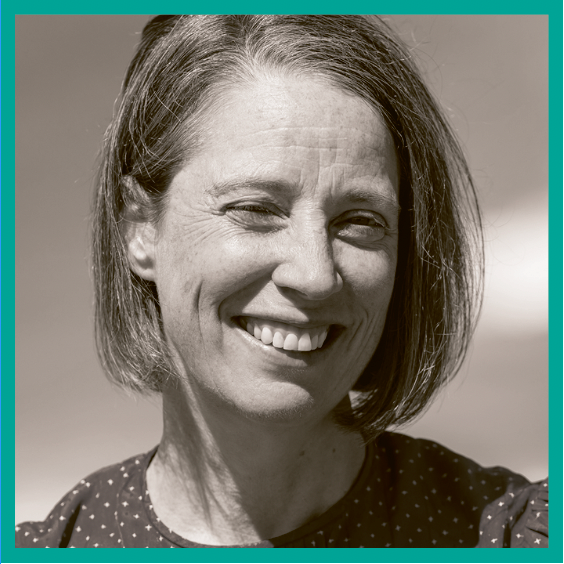Local History Prize winners share 'outstanding' stories
A Bulli grandmother and masters student, Marilyn Hood has won 2024's $3000 Local History Prize for her essay Loss, bereavement and memory – Wollongong’s Cenotaph – 100 years on. Second prize went to Thirroul’s John Corker, a retired lawyer...

A Bulli grandmother and masters student, Marilyn Hood has won the $3000 Local History Prize for her essay Loss, bereavement and memory – Wollongong’s Cenotaph – 100 years on.
Second prize went to Thirroul’s John Corker, a retired lawyer who received $1500 for his report, The Valentine’s Day Blockade Bulli, NSW, Thursday 14 February 2002: An Historical Account.
The prizes were announced at a ceremony at Wollongong Library on Monday night, with judges praising both essays as "outstanding" additions to the story of our city.
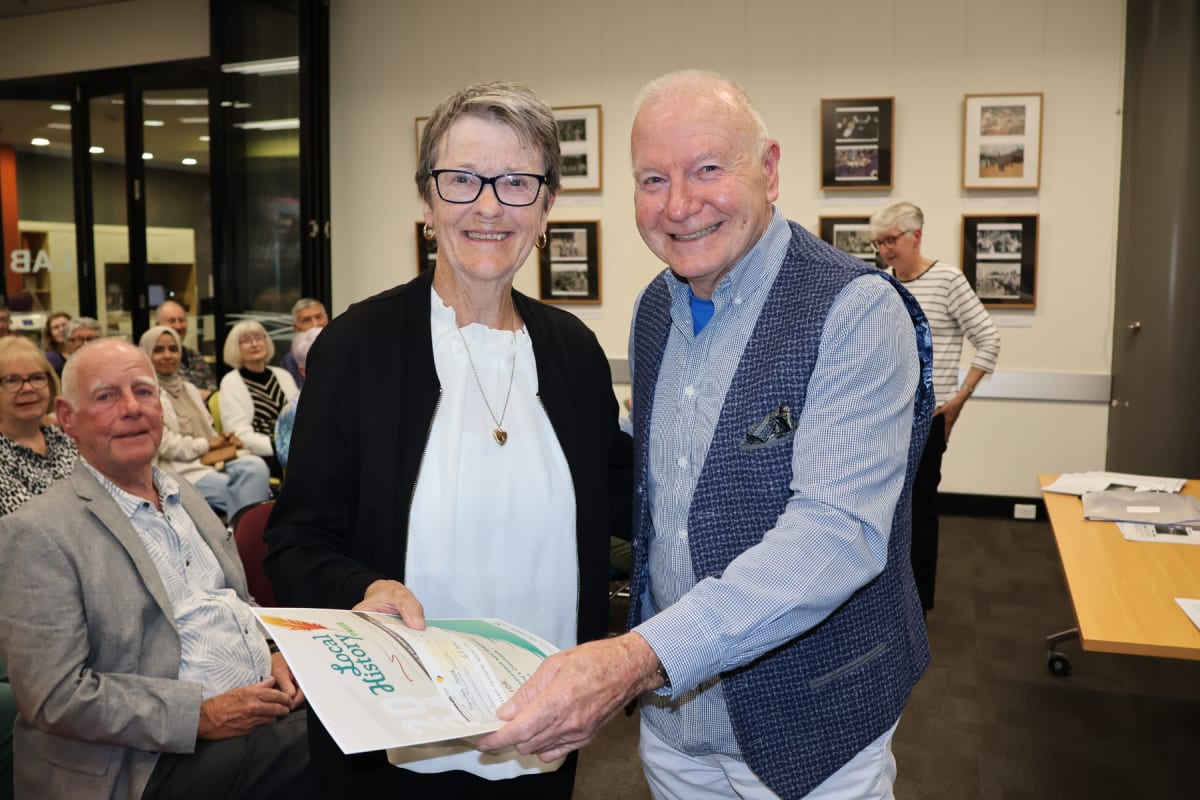
An academic achiever
Marilyn said she was “just gobsmacked” and couldn’t wait to share her good news.
“This project started as an assignment for my masters that I'm completing through University of England,” she said after the awards ceremony.
“The first thing I'm going to do tomorrow is ring my tutor up at UE and say, ‘look, look what we've got’. Because he was terrific, giving positive criticism on the original work.”
Marilyn started working for a bank at age 14 and spent most of her career in administration, but has embraced tertiary education in retirement. At age 68, inspired by her three children, she began a Bachelor of Arts and is now studying a masters in history.
“I'd really encourage anyone in the same situation to have a crack at it, because I found the experience one of the most fulfilling and joyous, apart from giving birth to my children,” she said.
“It's just been wonderful, really. And the report itself was a labour of love.”
Marilyn's prize-winning piece started as an exploration of death, dying and changing funeral practices, then evolved into a history of the people behind the Cenotaph, Wollongong’s Great War Memorial Arch, which today stands in MacCabe Park.
Marilyn looked at how private mourning – including for the ‘unburied dead’ of Gallipoli – was channelled into constructive grieving and public commemoration. Her 6000-word essay took about three months of research and she is especially proud to have acknowledged the committee behind the sandstone cenotaph’s construction.
“They're now on the record having contributed. I thought that was important actually,” Marilyn said. “Everybody talks about the memorial, what it means, but nobody ever got down to who did what to get it done.
“My reading of the literature that's held here, no one had done that.”
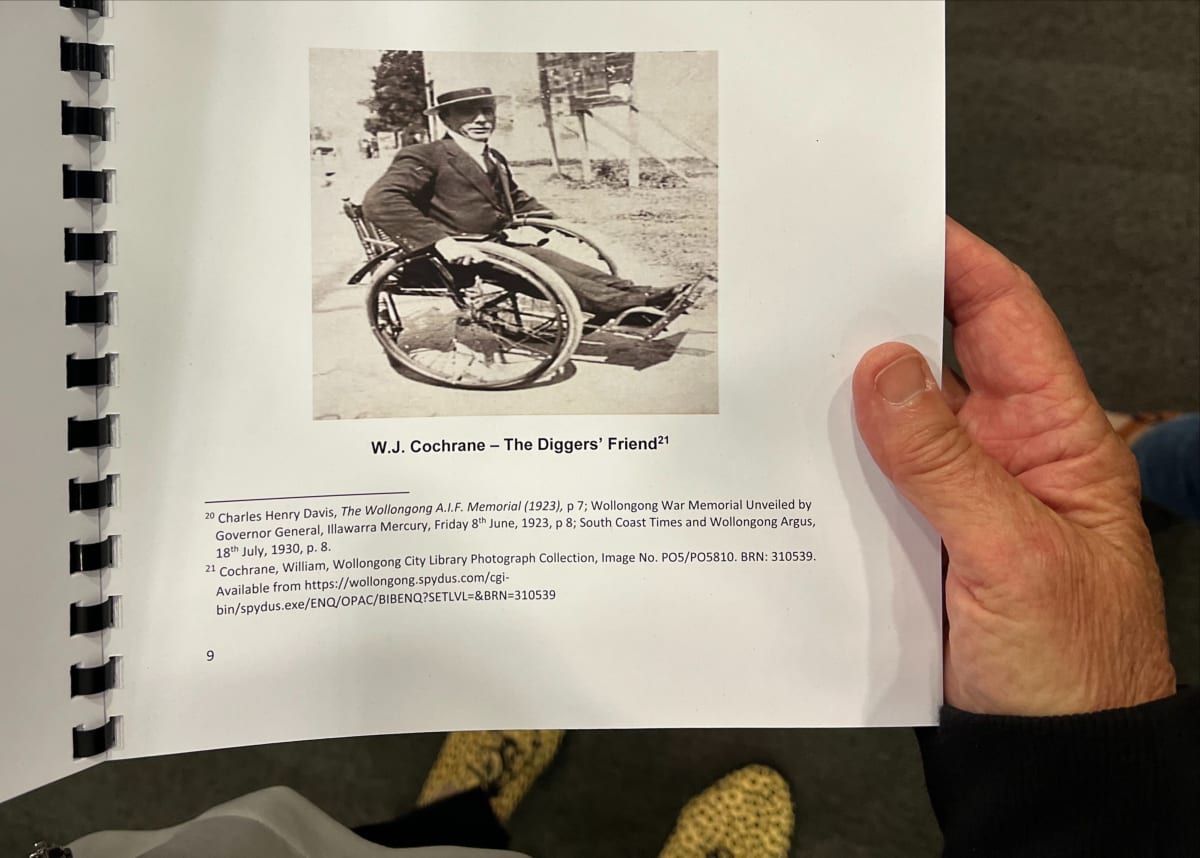
A highlight of her original research was tracking down a photograph of the committee’s secretary, “the digger's friend”, William ‘Billy’ Cochrane, an image she finally unearthed in Wollongong City Libraries’ collection.
“He was the one who got that built, with all his physical disabilities,” Marilyn said. “Without him and the nameless women who door-knocked to fundraise for it – unfortunately, I couldn't find any of their names – but without them, it just wouldn't have happened.
“I'm just grateful now that a copy of it is in the library, for anybody who in the future wants to have a look.”
Like many students, Marilyn has a practical use for her prize money.
“It's going towards paying down some HECS debt,” she said.
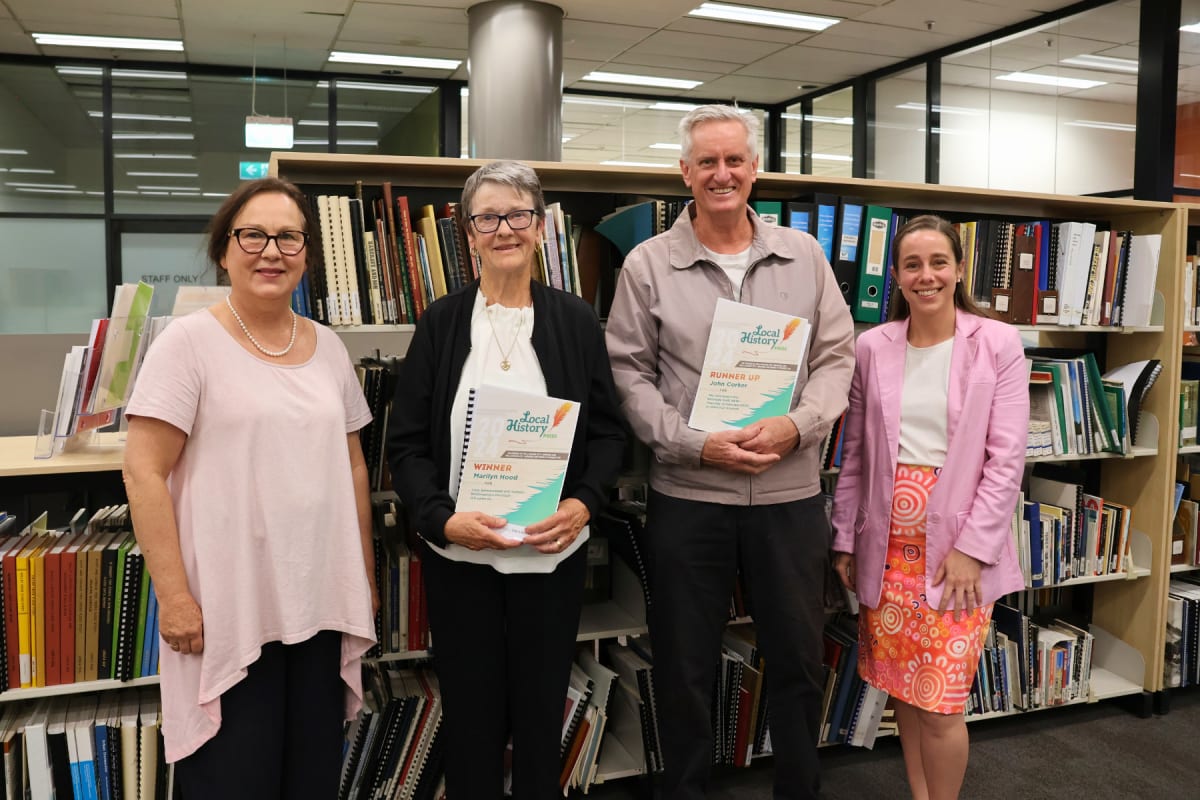
Publisher and research assistant required
For the past 10 years, John Corker has been working on a local history book. His winning essay is actually chapter two of that book.
“I thought that if I pop it into this history prize and I've got some profile, it might help me find a publisher for the book,” John said. “And maybe even if I was lucky enough to win some money, maybe I could hire a research assistant.
“So now looking for a publisher and a research assistant.”
The leader of Wollongong’s Yes23 campaign, John spent has much of his 40-year career fighting for human rights, from working for Aboriginal Legal Aid in 1980s Alice Springs to leading the Australian Pro Bono Centre.
After living in Central Australia for 10 years, John and his wife moved to the Illawarra in 2000 and soon added their voices to the campaign to stop a Stockland development at Sandon Point.
“We were very involved in the community picket and I was particularly involved with the Aboriginal Tent Embassy,” John said.
“The community picket at Sandon Point was said in Parliament to be Australia's longest standing, fully staffed picket, 24/7. For about four and a half or five years, that picket had someone in it 24 hours a day. People slept there overnight. It was firebombed a few times.”
John’s essay tells of a momentous day, 14 February 2002, when protestors held hands and chained themselves to vehicles to stop the earth movers coming in. It was a day that began with their arrests but ended with the law on their side.
“This chapter details the day when we got the injunction and all the bulldozers had to roll out of the site,” John said. “All the special operations police were there… It was quite a day.
“It's a good read primarily because a lot of the people that were there, I've done extensive interviews with. So a lot of firsthand accounts.”
Those who shared their stories include Max Ackerman, Jill Merrin, Michael Organ, Peter Button and Ross Dearden.
It’s an important chapter in local history, John said.
“It’s part of that strong, I'll call it militant, history of the northern suburbs, from the mining days, but it's also a really interesting story about an allyship between the Aboriginal community and the local community and how they learned about each other and they worked together, and a lot came from that as well.”
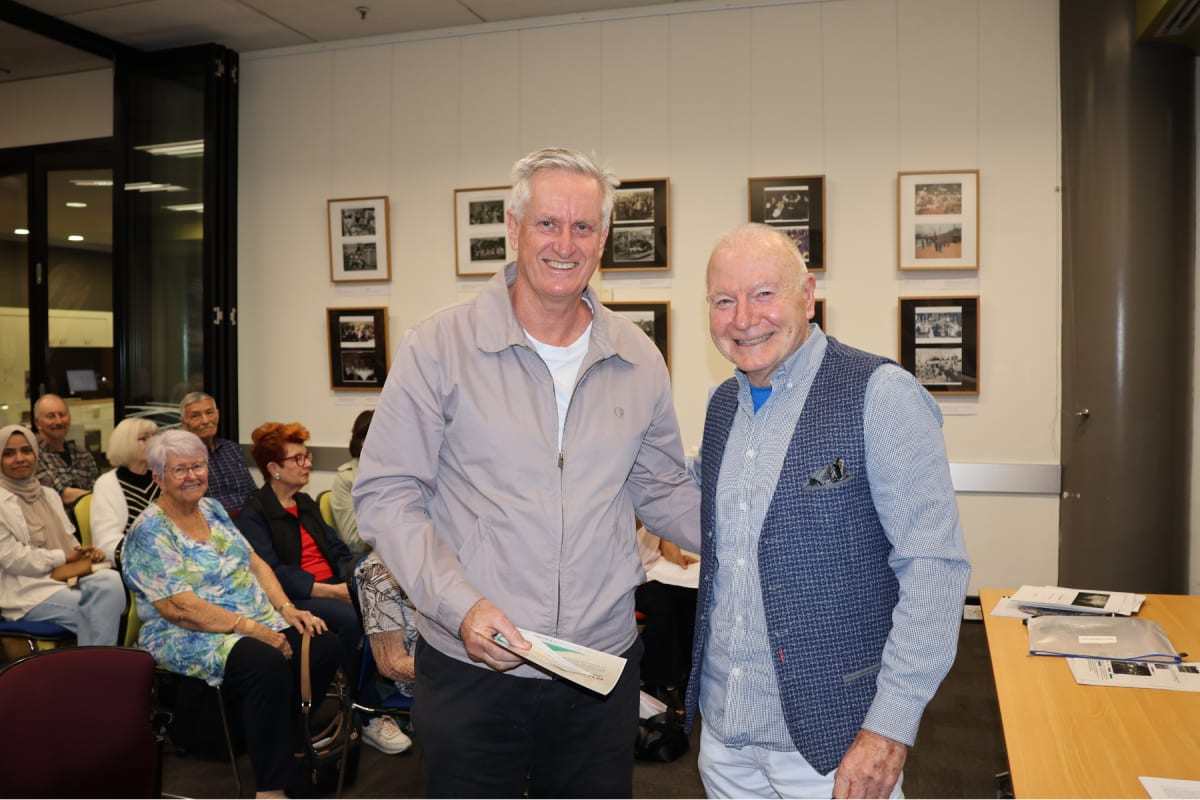
Stories for our city
More than 40 people attended Monday night’s prize giving, which coincided with the Migrant Heritage Project exhibition opening and 2024's History Week.
The Local History Prize runs every two years thanks to the Friends of Wollongong City Libraries, who donate the prize money, and the library’s Local Studies team, who organise the competition. 2024’s judges were Local Studies librarian Jo Oliver, council’s libraries and community facilities manager Sarah Taylor, the National Trust’s Meredith Hutton and Illawarra Historical Society president Lorraine Neate.
In announcing the winners, Friends president Jane Pretty described them as “both outstanding”. Jane said Marilyn's original work made “a genuine contribution to our knowledge of the history of Wollongong” while John’s “compelling narrative” presented a fresh perspective on the development battle at Sandon Point.
Wollongong Lord Mayor Gordon Bradbery ended the presentation by thanking Jane and the Friends for contributing to the story of our city.
“It's a wonderful prize and something that over the years has certainly fostered a lot of interest,” he said. “And as a result, we've got some outstanding pieces of research that adds to our narrative and understanding of the city.”
To read the histories, visit the Local Studies collection on Level 1 at Wollongong Library or view the winning entry and the runner-up online.

